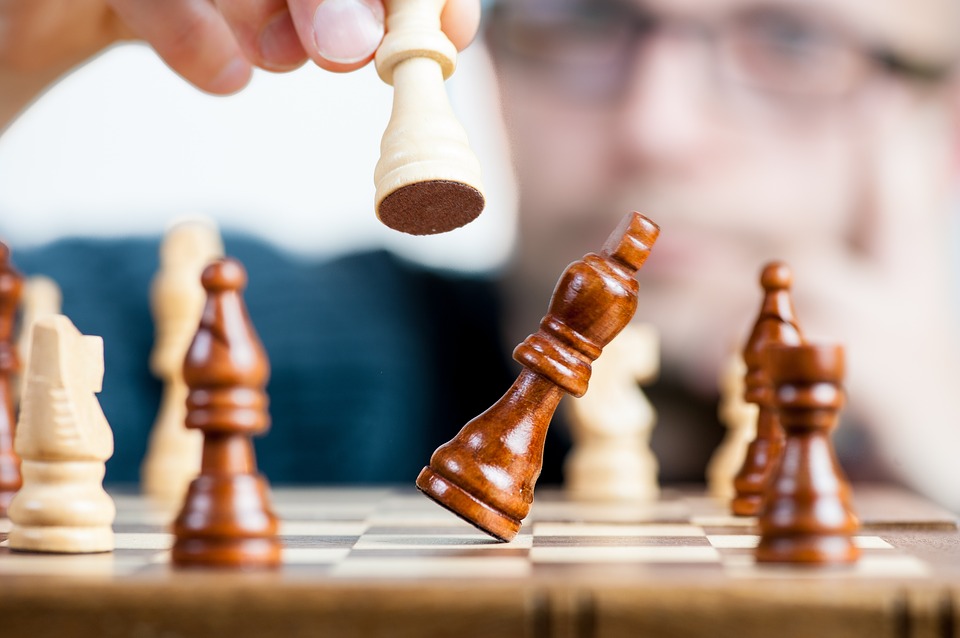The game of chess pleases true connoisseurs with a variety of options and possible combinations, but clearly limits the time for thinking about their strategy and planning their next move. These days, every serious battle of the masters is clearly limited in time, forcing you to fit your chess talent within a strict time limit. However, history knows cases of unusually long or too short games, the duration of which does not fit the currently accepted standards at all.
Facts are stubborn things
The first official chess tournament was held in London long ago 1851. Sixteen people took part in it, deciding to prove to themselves, their opponents and the whole world their virtuoso mastery of pieces. Terms were stipulated straight away: a draw was not counted, as the tournament needed a clear champion. Of the planned four rounds, the first was played in three games for a majority of victories. Subsequent rounds included 28 games at once, which was clearly out of time. This was the first precedent of setting the duration and number of games independently on behalf of the organizers who initiated the game.
Any chess match, from amateur to professional level, can last any amount of time and include an unlimited number of games. There is another solution: the maximum number of games is discussed before the game starts. Or the number of possible victories is agreed in advance, while the number of games to achieve it is not limited. The abilities of the players, their wishes and the interests of the spectators can all become a criterion for the timing of the match or the choice of the desired score, which allows to pinpoint the winner.
How long a game of chess lasts
If the number of games in a chess battle is not limited by anything, their duration is strictly limited. In this case we mean the time for each player to make a move. The need for time accounting appeared at the same time as the first spectators and fans who could not wait indefinitely for the player’s decision to move one piece or another.
Today there are various time limits in chess: for each move, for the whole game, for a certain number of moves. In some cases it is allowed to add time. In amateur chess battles the actions of opponents are mutually limited: a quick decision by one of them automatically limits the time for reflection of the other. In the absence of time control, the game risks dragging on for several days, and history knows such cases. It is difficult to say how the players rested during this time, especially since each chess game requires extreme attention and deliberation of the decisions made.
Usually the duration of the game depends on its format:
- The classical game, introduced in the late nineteenth century, gives players two hours to make the first forty moves. Then they have an hour for twenty moves and half an hour before the game ends, regardless of the outcome.
- If fast chess or a blitz game is chosen, five minutes are allocated to the game. The most extreme cases of the game left three or even one minute for the game. About the long thinking and any planning here it is not even necessary to talk. To become a master of the blitz game, a chess player needs years of hard training, as well as such qualities of mind as concentration, quick thinking, the ability to make decisions instantly, and a special attentiveness.
- A simplified version of blitz, or Rapid, gives players up to 20 minutes per game. The total duration of the game can range from 10 minutes to an hour.
The vast majority of chess players know the phenomenon of Zeitnote. This occurs at a moment when the game is not finished and the time limit is almost used up. In this case it is allowed to add time, which automatically increases the duration of the game. There is also an alternative option, providing for the addition of a few seconds to each move, depending on the generally accepted schemes: Fisher, Bronstein, etc. Such a variety of time solutions and number of games does not allow you to call chess a boring and monotonous game, and makes it more exciting because of the unpredictability of the result.
Chess under the sign of infinity
Can the number of unique games be infinite? Mathematician Claude Shannon gave a negative answer to this question when he studied the question in the middle of the 20th century. Taking as a basis the mathematical proven 30 possible moves and 40 average moves per game, he derived the number 10120. That is how many unrepeatable games can be played. Further calculations of the number of possible combinations yielded 10120, the minimum number of unique matches. This is many times more than the number of atoms in our universe. It becomes clear why each game is unique and very interesting, and its outcome cannot be predicted even by the most experienced expert.
